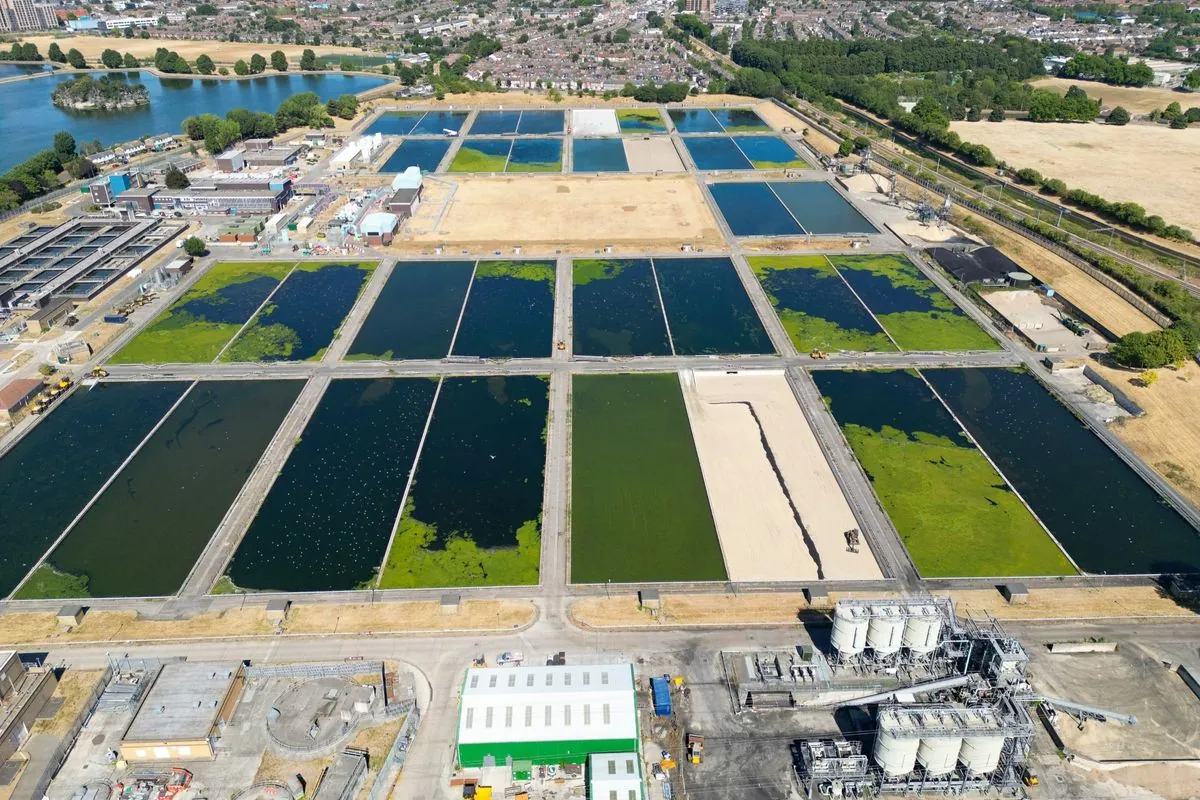Keir Starmer's Labour Party is considering a controversial plan to increase water bills across England to finance a potential government bailout of Thames Water. This proposal, part of new legislation, could result in consumers nationwide bearing the cost of rescuing the financially troubled company.
The Water (Special Measures) Bill, introduced by Steve Reed, the Environment Secretary, includes provisions that would allow the government to charge all water companies up to £10 billion if ministers decide to take control of Thames Water. These costs would likely be passed on to consumers through higher bills.
Thames Water, the largest water company in the UK serving about 15 million customers, has been grappling with significant financial challenges. The company reported in July 2024 that it only had sufficient funds to continue operations until the end of May 2025. In August 2024, Thames Water proposed increasing customer bills by nearly 60% by 2030, far exceeding the 23% cap recommended by Ofwat, the water regulator.
Critics argue that Ofwat's stringent approach is making Thames Water "uninvestable," increasing the likelihood of government intervention. An industry source commented, "In seeking these new powers, ministers are stepping up preparations to take over the running of Thames Water, with all bill-payers in England set to pay the price."
The potential bailout of Thames Water has raised concerns about the privatization model of water services in England. Since its privatization in 1989, Thames Water has faced various challenges, including criticism for environmental issues and high levels of leakage in its network. The company manages over 20,000 miles of water mains and 68,000 miles of sewers, supplying 2.6 billion liters of drinking water daily.
If the full £10 billion cost of intervention were transferred to bill payers, it could add more than £200 to the average water bill over a five-year period. This prospect has sparked outrage, particularly in regions where residents already pay higher bills than Thames Water customers.
The government has stated that these new powers would be a last resort, to be used only if a private sector solution for Thames Water cannot be found. A spokesperson for the Department for Environment, Food and Rural Affairs emphasized, "In the unlikely event of Special Administration Regime, these new measures in the Water Bill will protect taxpayers. This Government will always act to protect customers and the public."
This development comes in the wake of the government's decision to eliminate the winter fuel allowance for most pensioners, cutting off support for energy bills. Analysis shows that taking over Thames Water would cost the government £10 billion over a decade, approximately one-third more than the £7.5 billion saved by reducing the winter fuel allowance over five years.
As debates continue about the future of water services in England, the Thames Water situation has reignited discussions about potential renationalization of water services and the effectiveness of the current regulatory framework in ensuring sustainable and affordable water supply for all.
